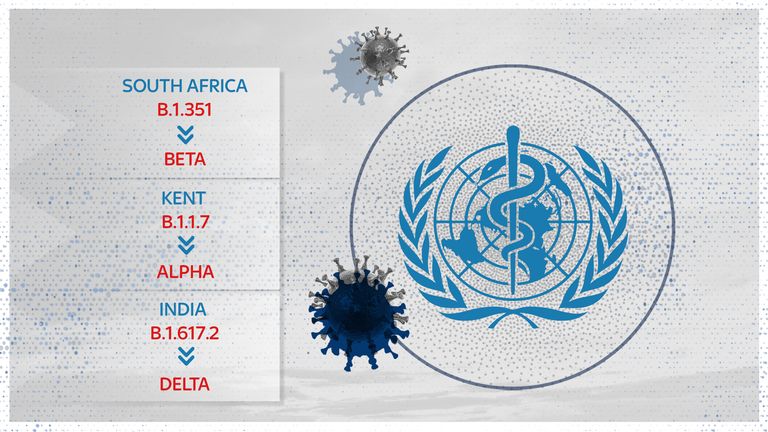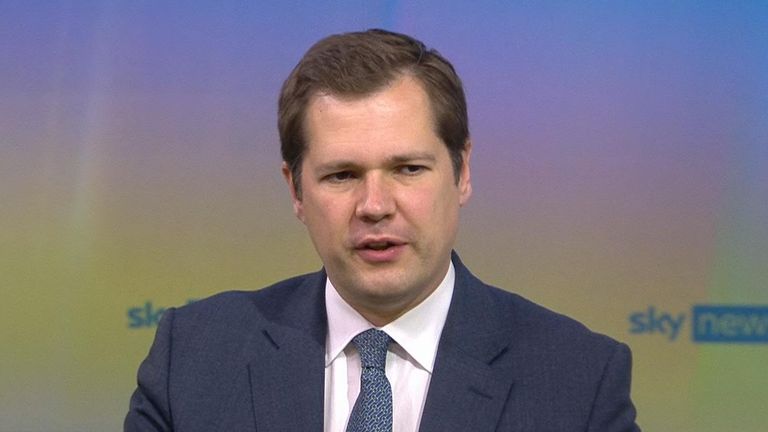It's antibodies that protect us from COVID-19 and the latest data from the Office for National Statistics seem to offer some hope.
Eight out of 10 adults now have antibodies.
Live COVID updates from the UK and around the world
Please use Chrome browser for a more accessible video player

Burnham: Manchester 'needs' jab surge
Most will be as a result of vaccination -
77% of adults have now had one dose
. The rest will have developed antibodies as a result of having **COVID
** .
So, are we reaching herd immunity? That's when there aren't enough people vulnerable to the virus for it to spread through the population - and for
the Delta variant
, first identified in India
, it's likely to be when roughly 80% of people are immune.
Sadly, no. And here's why.
For a start, the ONS data just covers adults - that's just over 52 million of the UK's 66.7 million population.
The rest - a little over 14 million - are children and teenagers under 18, and they're
not currently being vaccinated
unless they have a serious underlying medical condition.
But here's the point. They can still spread the virus.

Image:The COVID variants have been renamed - with the 'Indian variant' now known as Delta
So even if 80% of the adult population had protective levels of antibodies, it would be 42 million people - or 63% of the total population. A long way short of herd immunity.
But there is another crucial point. The ONS tests for antibodies - it doesn't measure how many they have.
And that matters - because the more antibodies you have, the better your chance of stopping the infection.
Just look at the real-world data.
One dose of either the
Pfizer
or AstraZeneca
vaccine is 33% effective in preventing a symptomatic infection from the Delta variant. The second dose boosts immunity, raising the protection from the Pfizer vaccine to 88% and the AZ vaccine to at least 60%.
That shows in the infection rates. Take Blackburn with Darwen, where they're rising fast - but only in people under 60, who are far less likely to have had two doses of the jab.
Please use Chrome browser for a more accessible video player

Govt 'giving careful thought' over weddings
**Subscribe to the Daily podcast on **
Apple Podcasts
**, ** **Google Podcasts
** **, ** **Spotify
** **, ****Spreaker
**
It looks like we are now at the start of a third wave. But the number of new infections will depend on the extent of the vaccine rollout.
Delaying the final lifting of lockdown restrictions (due for 21 June) by just two weeks would mean an extra 2.2 million people getting their first dose on current trends.
Another five million would get their second - and these are older people who are more likely to get seriously ill.
So we're not at herd immunity yet, but the more people who are vaccinated, particularly with two doses, the slower the spread of the virus.
It's one of the factors government scientists will be considering when they advise ministers on whether it's safe to unlock on 21 June.
 简体中文
简体中文










